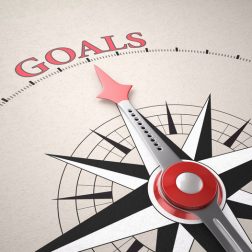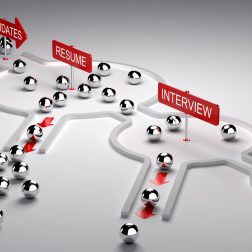 Leadership is an evolving art that intertwines intimately with the concept of self-improvement.
Leadership is an evolving art that intertwines intimately with the concept of self-improvement.
Whether you’re at the helm of a startup, steering a Fortune 500 company, managing a small team within a larger organization, or a small business owner, becoming a better leader demands a commitment to personal growth.
Let’s take a moment and look at the starting point, changes, and challenges one must consider for enhancing one’s leadership capabilities.
Cultivating Self-Awareness
The bedrock of any significant change is self-awareness. Understanding your strengths and acknowledging your weaknesses is not just introspection; it’s about recognizing how your behaviors and decisions impact those around you. Effective leaders are often those who have a clear sense of who they are and how they operate.
To foster self-awareness:
- Start by taking a Winslow Assessment. Winslow is a performance-based behavioral assessment — and is a snapshot of where you are right now. It’s an incredibly beneficial starting point for personal, professional, and leadership development.
- By having an objective view of your behaviors and understanding your strengths and areas of concern, you can then reflect regularly on your actions, leadership style, and small steps for improvement.
- Solicit and welcome feedback from peers and subordinates.
- Understand your emotional triggers and learn how to control your responses.
Fostering Emotional Intelligence
Closely linked to self-awareness (around behaviors) is emotional intelligence (EQ). Leaders with high EQ can manage their emotions constructively and empathize with others, fostering respect and creating a more collaborative work environment.
Improving your EQ involves:
- Taking the DISC/EQ assessment. The DISC/EQ provides a high-level view of the behaviors that have been identified in your Winslow feedback, your communication styles and preferences, and your emotional quota / intelligence.
- Practicing empathy by actively listening and considering employees’ perspectives.
- Developing better communication skills that cater to the emotional needs of your team.
- Learning to motivate and inspire others, even during challenging situations.
Committing to Continuous Learning
The business world is in perpetual motion, with new challenges and innovations around every corner. A leader who stops learning risks being left behind.
To keep your edge:
- Employ a coach or mentor to help you learn about yourself, identify any blind spots (we all have them), and set your next steps.
- Stay curious about new trends, technologies, and methodologies in your industry.
- Adopt a beginner’s mindset, no matter your level of experience.
- Encourage and model a culture of learning within your team or organization.
Leadership is not an innate trait but a set of behaviors, skills, and qualities that are continuously honed. By committing to your identified internal/behavior challenges and changes, you will cultivate an external environment where both you and your team can thrive.
Remember, self-improvement and leadership aren’t parallel paths; they are intertwined, each enhancing and enabling the other. The question isn’t whether you can afford to invest in becoming a better leader — it’s whether you can afford not to.



